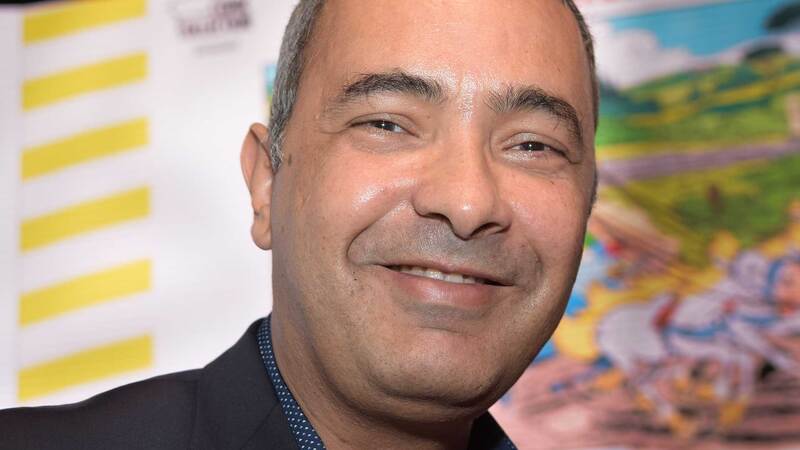You are viewing your 1 free article this month. Login to read more articles.
Full stream ahead
Last week I wrote that the growth in the listening market risked leaving publishing behind, with two of the fastest growers, Spotify and Storytel, running streaming services that bring big publishers out in hives.
Last week I wrote that the growth in the listening market risked leaving publishing behind, with two of the fastest growers, Spotify and Storytel, running streaming services that bring big publishers out in hives. Last Friday, these two big platforms made their intentions even clearer: Spotify bought US audiobook distributor Findaway, while Storytel acquired AudioBooks.com.
In terms of turning up the noise, we haven’t quite hit 11, but nevertheless the signal has risen in pitch. Spotify is said to have 45 million paying subscribers in the US; if it can use Findaway to improve its audiobook offer and discoverability, it will become a significant player overnight. Storytel is a new entrant to the US and UK, having previously said it would not tackle Audible head on. Its move is bold, but no one can doubt its founder and c.e.o. Jonas Tellander has ambition. At FutureBook last year he said that for the book market to stay relevant, publishers “need to embrace the unlimited subscription model”.
Both businesses are on a collision course with the majors, as well as author groups. As Curtis Brown agent Sophia MacAskill tells us this week the “potential monopolisation of streaming” poses a real threat to authors’ livelihoods. PRH c.e.o. Markus Dohle is more emphatic, telling me as part of his FutureBook 2021 interview that “when it comes to subscription, I am convinced that in the long run it is not good for author income”.
For the uninitiated, it is worth reading a recent report issued by a Department for Digital, Culture, Media & Sport Committee which investigated the music market. “Streaming needs a complete reset,” it concluded. While the model had saved that business from piracy, “rights-holders are not effectively remunerated for their work”, with the average revenue per user falling continuously even as the number of listeners has increased. A counter view is provided by Will Page, former chief economist at Spotify, who argued that for the labels “the music industry is thriving”. Meanwhile, Spotify, like Storytel, remains loss-making.
In books we have already seen how this might play out. In 2019, Bonnier temporarily withdrew titles from Storytel because the rate being paid out was dropping: by contrast Bonnier’s own subscription service BookBeat pays a net price per book, arguing that it has “proven that this model works for streaming services and publishers”, a view Bonnier’s Sweden-based c.e.o. Håkan Rudels reiterated in his FutureBook interview. Audible’s “Plus”—free content for subscribers—is also a defensive pivot worth watching.
More widely, this is an exciting moment for audio producers and listeners. Writing on theBookseller.com this week, Kelli Fairbrother, c.e.o. of new audiobook service xigxag, argued that publishers should embrace a multi-channel approach, as they do elsewhere. Many would like to: the e-book market was once full of plucky start-ups attempting to do the same in that space. Perhaps audio will prove to be different. But first publishers will have to navigate between the Scylla of Audible and the Charybdis of streaming.




















